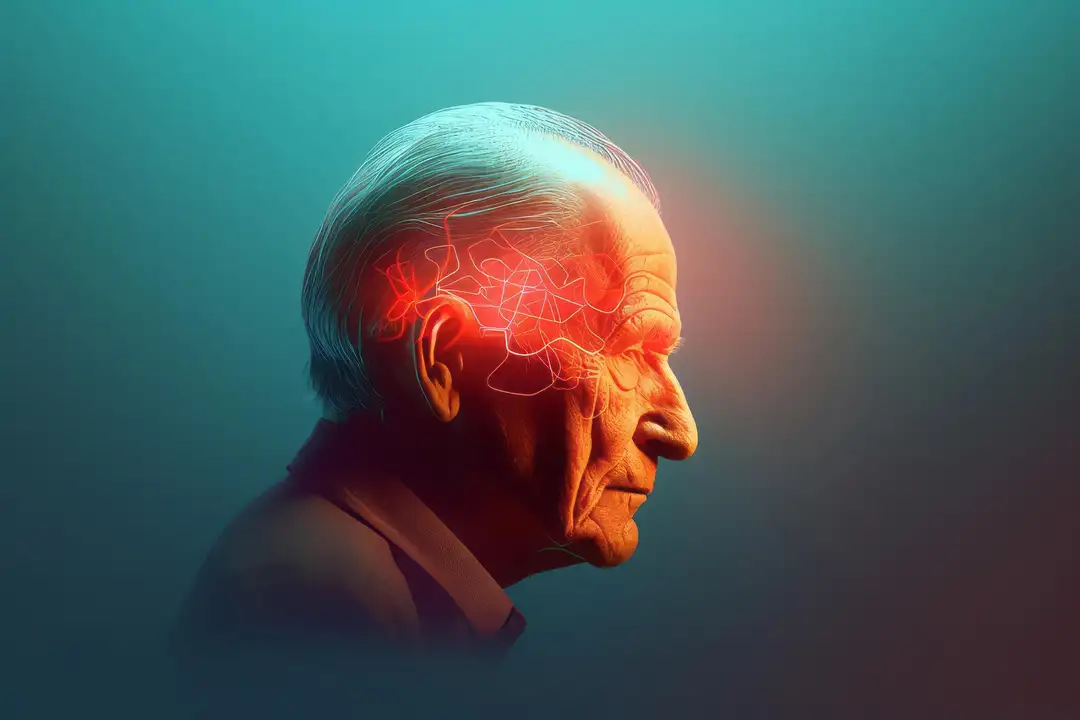Maintenance Therapy in High-Risk Myeloid Neoplasms: Reduced Relapse with Post-Transplant Decitabine and rhG-CSF
How maintenance with decitabine and rhG-CSF after allo-HSCT can transform outcomes in high-risk myeloid neoplasms. Promising results in survival and relapse reduction.

Allogeneic hematopoietic stem cell transplantation (allo-HSCT) remains the primary curative approach for patients with high-risk myeloid neoplasms (HR-MN), such as acute myeloid leukemia (AML) and myelodysplastic syndromes (MDS). Despite advances in transplant techniques, post-HSCT relapse continues to be the leading cause of mortality. In this context, maintenance therapies have emerged as promising strategies to prolong remission. This study evaluated the use of low-dose decitabine combined with recombinant human granulocyte colony-stimulating factor (LD-GD) as maintenance therapy in patients who underwent allo-HSCT, aiming to reduce relapse rates and improve survival.
The evaluated cohort included 50 patients with a median age of 65 years, the majority diagnosed with adverse-risk AML or high-risk MDS. Following predominantly reduced-intensity conditioning transplants, patients received a median of 4 LD-GD cycles. The maintenance regimen was well tolerated, although 50% experienced grade 3–4 adverse events, mainly related to cytopenias and infections. Rates of severe acute GVHD and chronic GVHD requiring steroids were 10% and 22%, respectively.
A comparative analysis with a propensity score–matched control cohort showed a significant benefit of the LD-GD regimen. The 1-year relapse rate was 4.3% in the LD-GD group compared to 23.5% in the control group (p=0.007). At 2 years, overall survival (OS) and relapse-free survival (RFS) were 83.6% and 70.5%, respectively, in the LD-GD group, outperforming the control group. Multivariate analysis confirmed that LD-GD maintenance was associated with improved OS (HR 0.28; p=0.04) and a lower risk of relapse (HR 0.28; p=0.015).
Although the retrospective design represents a limitation, the findings support the feasibility and clinical benefit of LD-GD maintenance in HR-MN patients post-allo-HSCT, even in older individuals and those receiving less intensive conditioning regimens. Prospective randomized trials are needed to validate these findings and define the definitive role of LD-GD maintenance in this population.
Editorial Note: This content was developed with the support of artificial intelligence technologies to optimize writing and information structuring. All material was carefully reviewed, validated, and supplemented by human experts prior to publication, ensuring scientific accuracy and adherence to editorial best practices.
#AML #MDS #AlloHSCT #MaintenanceTherapy #Hematology
Sources
- Palmer M, Baranwal A, Basmaci R, et al. Outcomes of Post‐Transplant Rh‐GCSF and Decitabine Maintenance Therapy in Patients with High‐Risk Myeloid Neoplasms. Am J Hematol. 2025;0:1–4. doi:10.1002/ajh.70018.




